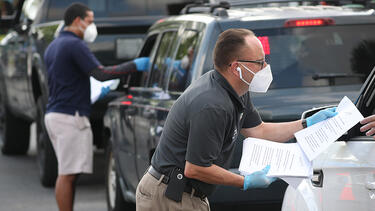Three Questions
How to Keep Your Sense of Purpose While Working Remotely
Yale SOM’s Amy Wrzesniewski, an expert in how people find meaning in their jobs, says that working remotely can diminish our sense of community and structure—and offers suggestions for staying anchored.

How Is the Airline Industry Adapting to COVID?
Debilitated by COVID-19, airlines are preparing to cut more than 30,000 jobs as soon as next month. We asked Prof. Kevin Williams to explain some of the economics of air travel and how the industry can survive in an age of stay-at-home orders.
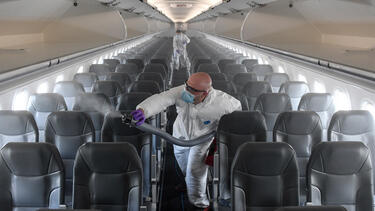
What’s the Danger from TikTok?
In September, under pressure from the Trump administration to sell its U.S. operations, the Chinese-owned social media app TikTok tentatively agreed to partner with Oracle. We asked Prof. Paul Bracken, an expert on strategy and technology, about the security threat from Chinese technology companies and how the conflict might play out.
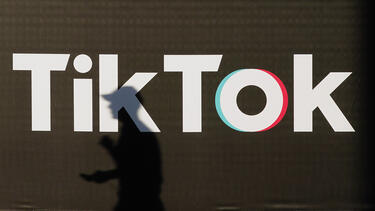
What Kamala Harris’s Nomination Means for Women’s Equality
If Joe Biden is elected this November, Kamala Harris would be the first woman and the first person of color to serve as vice president. We asked Prof. Oriane Georgeac, who studies perceptions of diversity, if Harris’s nomination heralds an acceleration of progress for women generally.
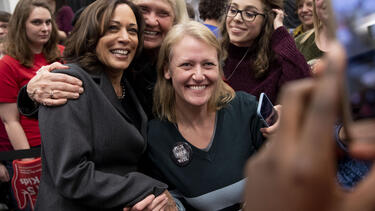
Three Questions about COVID-19 Infection and Immunity
We checked in with Yale SOM’s Dr. Howard Forman about herd immunity, vaccines, and that case of reinfection in Hong Kong.
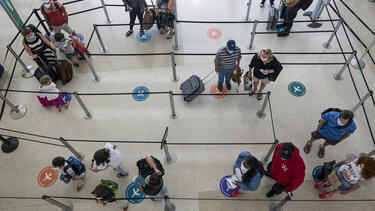
Will COVID-19 Worsen Inequality in the United States?
The path of the pandemic has been shaped by inequality, with poor and minority workers experiencing greater exposure to infection and fewer health protections. Has the policy response helped ease these inequities—or made them worse?
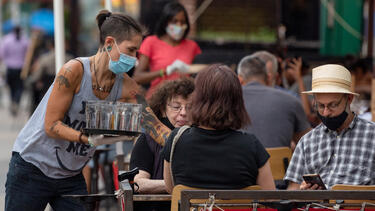
A Federal Program Is Supposed to Keep Midsize Businesses Afloat. Why Isn’t It Reaching Them?
Yale SOM’s William English explains how the Main Street Lending Program fits into the array of federal stimulus efforts and offers proposals for making it work better.

What Allies Should Know about Interracial Communication
A majority of White Americans say that the Black Lives Matter movement has prompted them to have conversations about race. We asked Yale SOM’s Cydney Dupree, who has studied how people from different racial groups communicate with each other, what her research says about the dynamics of the current moment.
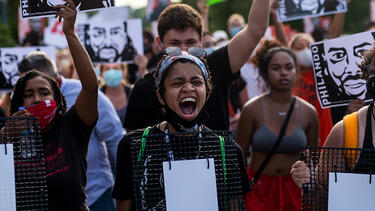
The Secret of Connecticut’s Success in Battling COVID-19
Prof. Edward Kaplan explains how Connecticut has dramatically reduced the rate of infection of COVID-19 in the state—and what risks still remain.

U.S. Jobs Numbers Show an Uptick from a Grim Baseline
We asked labor economist Barbara Biasi what can be understood from the latest Employment Situation Summary—including whether the numbers are accurately reflecting the effects of a fast-moving crisis.
